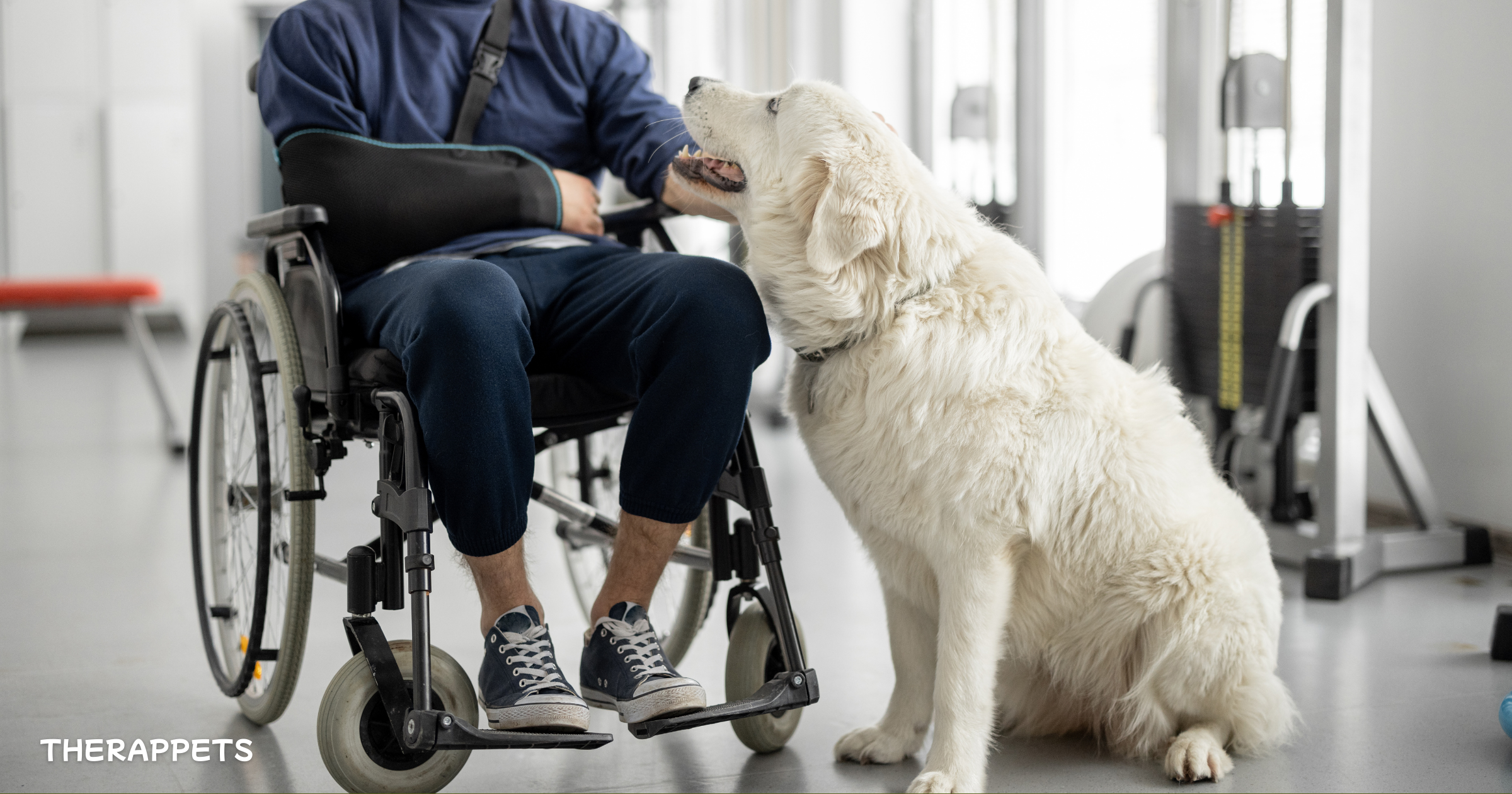Therapy animals provide incredible benefits, but are therapy animals only for people with disabilities? Many believe that only individuals with physical or mental disabilities can benefit from therapy animals. However, this is a common misconception. These specially trained animals support people in various situations, including stress relief, emotional support, and overall well-being.
Understanding Therapy Animals and Their Role
Therapy animals are trained to provide comfort and companionship to individuals in different settings. While they do assist people with disabilities, their benefits extend far beyond that. Schools, hospitals, and even workplaces use therapy animals to help reduce stress and improve mental health.
For more details on how therapy animals help in specific cases, check out Animal-Assisted Therapy.
Who Can Benefit from Therapy Animals?
1. Individuals Experiencing Stress and Anxiety
Stress and anxiety can negatively impact daily life. Therapy animals help by promoting relaxation and emotional stability. Many workplaces and universities have introduced therapy animal programs to support students and employees during high-stress periods.
Learn more about therapy animals for social anxiety treatment here.
2. Children with Learning or Behavioral Challenges
Children with ADHD, autism, and other behavioral conditions often benefit from therapy animals. These animals provide companionship, reduce hyperactivity, and encourage positive interactions.
If you're interested in how dogs help with ADHD, visit Can Dogs Help with ADHD?.
3. Seniors Seeking Companionship
Loneliness is a major issue among the elderly. Therapy animals provide comfort, reduce feelings of isolation, and improve mental health in seniors. Nursing homes frequently use therapy animals to enhance the quality of life for their residents.
Read more about how cats help with loneliness here.
4. People Recovering from Trauma
Victims of trauma, including veterans with PTSD, often find comfort in therapy animals. These animals help create a sense of security, reduce anxiety, and support emotional healing.
For insights into how service dogs assist veterans, visit Service Dogs for Veterans with PTSD.
Therapy Animals vs. Emotional Support Animals vs. Service Animals
Many people confuse therapy animals with emotional support animals (ESAs) and service animals. Here’s a simple breakdown:
- Therapy Animals: Provide comfort and emotional support in various environments (e.g., hospitals, schools). They do not have legal access rights like service animals.
- Emotional Support Animals: Offer emotional comfort to their owners and have some housing and travel protections.
- Service Animals: Specially trained to assist individuals with disabilities and have full legal access to public places.
For more details on psychiatric service dog training, check out Psychiatric Service Dog Training.
Conclusion: Therapy Animals Are for Everyone
So, are therapy animals only for people with disabilities? Not! Therapy animals bring comfort, reduce stress, and enhance emotional well-being for many individuals. Whether you're facing anxiety, trauma, or simply seeking companionship, therapy animals can make a significant difference in your life.
Want to explore more therapy techniques? Visit Exploring Effective Therapy Techniques with Animal-Assisted Support.

